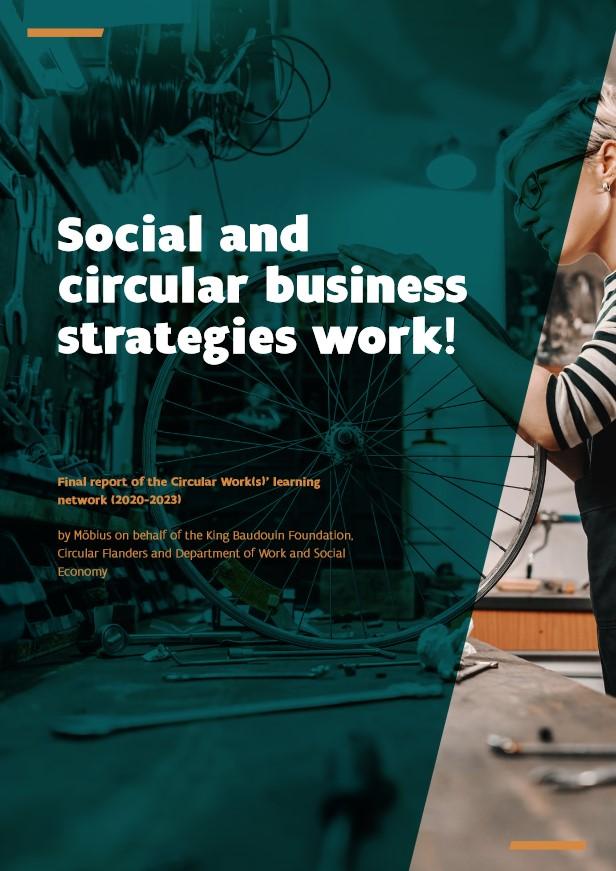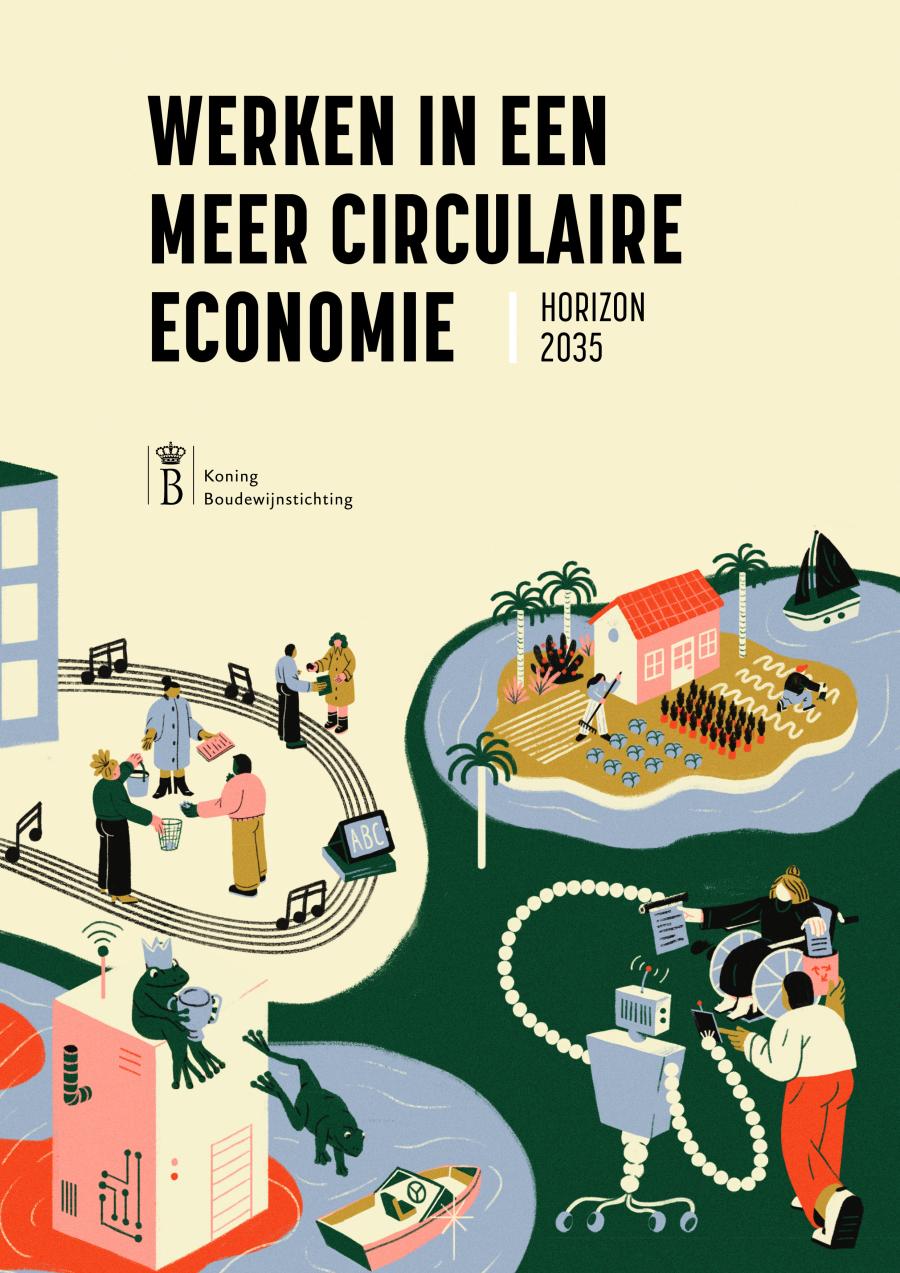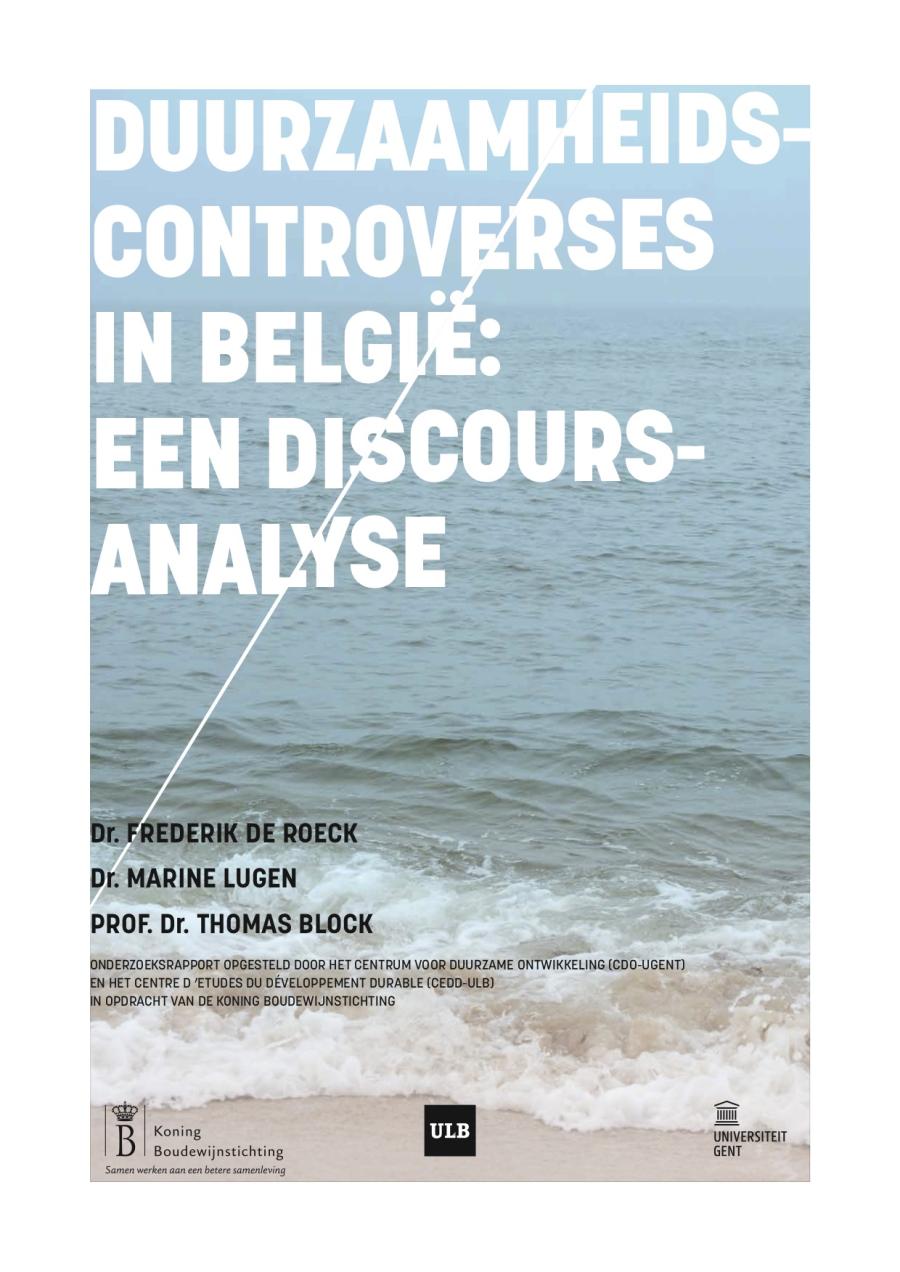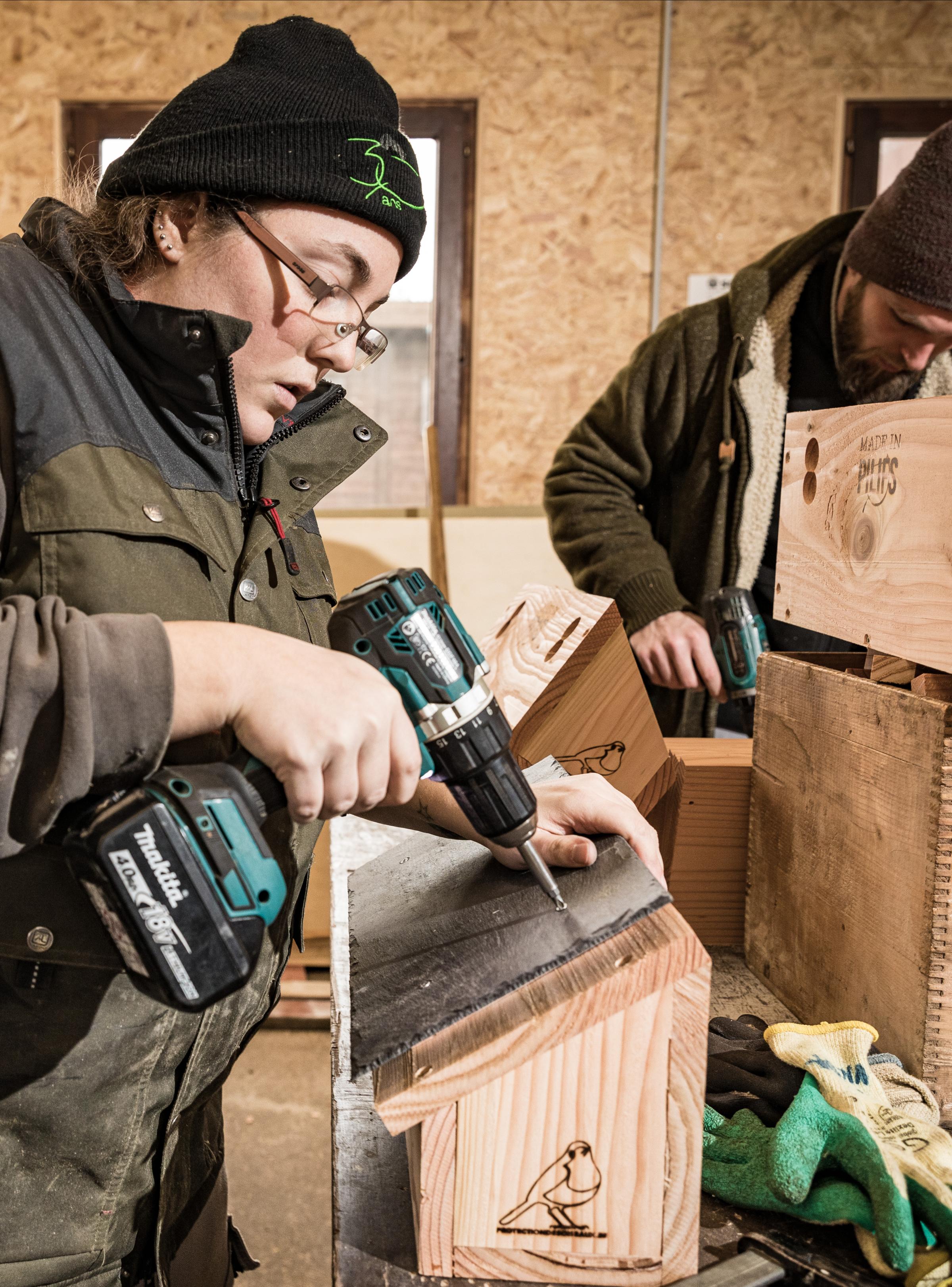
At the Ferme Nos Pilifs, nothing goes to waste!
In 2017 the Ferme Nos Pilifs, which employs 145 people with a disability, launched Bout2Bois, a circular economy project that recycles wood waste. The project has been supported by the ING Fund for a More Circular Economy, managed by the King Baudouin Foundation. The support provided has contributed to enlarging the carpentry workshop, the creation of new jobs and an increase in the volume of wood re-used. Report.
‘Made in Pilifs’. The inscription is branded into the birdboxes that are taking shape in the hands of five busy workers. “What I love here is to give the wood a second life”, says Sally De Roeck, second in command of the workshop that is part of Bout2Bois, a circular economy project that was born at Ferme Nos Pilifs, a Brussels sheltered workshop. “We recover wood waste in the Brussels region and recycle it as finished products” explains Eric Frère, the project coordinator, as he shows us a long picnic table that has been made completely from beams recovered from a building site.
On this particular Friday morning, the team was busy in a large space in the middle of which was a workbench. People were sandpapering, drilling holes, putting in screws, all under the watchful eye of Joël the head carpenter. “I try to find a job for everyone that is not too repetitive, but which is in line with the person’s capacities”, he explains. “We have to adapt to the disability of course, but we also have time schedules to keep to, even though these are fairly broad”. Like all of the activities at the Ferme Nos Pilifs, an association specialised in gardening, market gardening and sustainable food, Bout2Bois is a social economy project whose mission is to create stable and sustainable employment for people with a disability. Moreover, all of the Nos Pilifs projects have an eco-responsible perspective. “The spirit that drives us here is to dare to try things and to innovate, whilst at the same time limiting their environmental impact”, explains Eric Frère.
"Everything works in a circular manner here"
Relocating the economy, reducing waste and economising energy have been the watchwords of the Ferme Nos Pilifs since it was established in 1984, well before ecology became a major concern for society. Here, you can find little ponds for ‘lagooning’, which enable waste water to be cleaned naturally. Over there, the chicken coops have been made with recycled materials, whilst a bit further on a large space is devoted to creating a huge compost heap from green waste. “Bout2Bois was created in keeping with this way of functioning” says Eric Frère. “As soon as we have the possibility, we launch something with the aim of creating jobs, minimizing the environmental impact and reducing waste. Everything works in a circular manner here”.
It was whilst trying to re-use waste wood materials generated by the activities of the Ferme Nos Pilifs that this project was born. Green wood waste, which is damaged and humid, however is too complex to work and too irregular to make finished products, so the Ferme Nos Pilifs opted instead to develop partnerships with companies that generate large volumes of wood waste but want to limit this waste. The first partnership was drawn up with the Jacques Delens construction company. Eric Frère and the members of his team regularly visit the company’s building sites to recuperate planks of pine and wood beams.
Reducing waste
The wood that is recovered is dried, cut and standardized to enable products to be made that meet the requirements of the farm’s clients. Anne Goossens, the Workplace and Logistics Manager at Infrabel, knew about the Ferme Nos Pilifs’ work and so it was natural that she went to Bout2Bois when the company was looking for five large tables as part of the re-development of one of the company sites. “At Infrabel, we have a team that draws our attention to the social and environmental impact of our purchases, whilst respecting the law on public procurement” she explains. “We are made aware of the importance of being part of short supply circuits and being attentive to the profile of those who produce these goods. The Ferme Nos Pilifs meets all of these criteria.”
"Here, all the waste wood is recycled - not just that which we recover, but also that we produce."
Faced with an increase in demand, Bout2Bois responded to the call for projects made by the ING Fund for a More Circular Economy, with the objective of doubling the size of its workshop and considerably augmenting the volume of wood re-used (from 1.5 to 2.5 tons per month), whilst also increasing the number of persons with a disability employed. What has not, however, increased is the amount of waste, because Bout2Bois pushes the logic of the circular economy to the extreme. As Sally De Roeck explains: "We recycle our own waste (wood chips and shavings), by using it for bedding for the farm animals”. A use is found for every little bit of waste generated by the Bout2Bois workshop. Wood that is to damaged is used for the wood-burning stove that heats the workshop. Wood shavings form bedding for the animals and even sawdust is recuperated to swell the compost. Nothing is left to chance. “In the end, it’s true that the work has taken a little longer but it is really good quality and that gives me the greatest possible satisfaction” concludes Joël.
The ING Fund for a More Circular Economy
Managed by the King Baudouin Foundation, the ING Fund for a More Circular Economy, aims to contribute to the preservation of natural resources by supporting people who use their skills and their job as part of the circular economy. Since 2018, the Fund has supported 26 projects, with a total of 495,000 euros. A new call for projects will be launched from the end of March to the end of June 2020 on this same theme on www.kbs-frb.be
Other stories
Inspiring engagement!
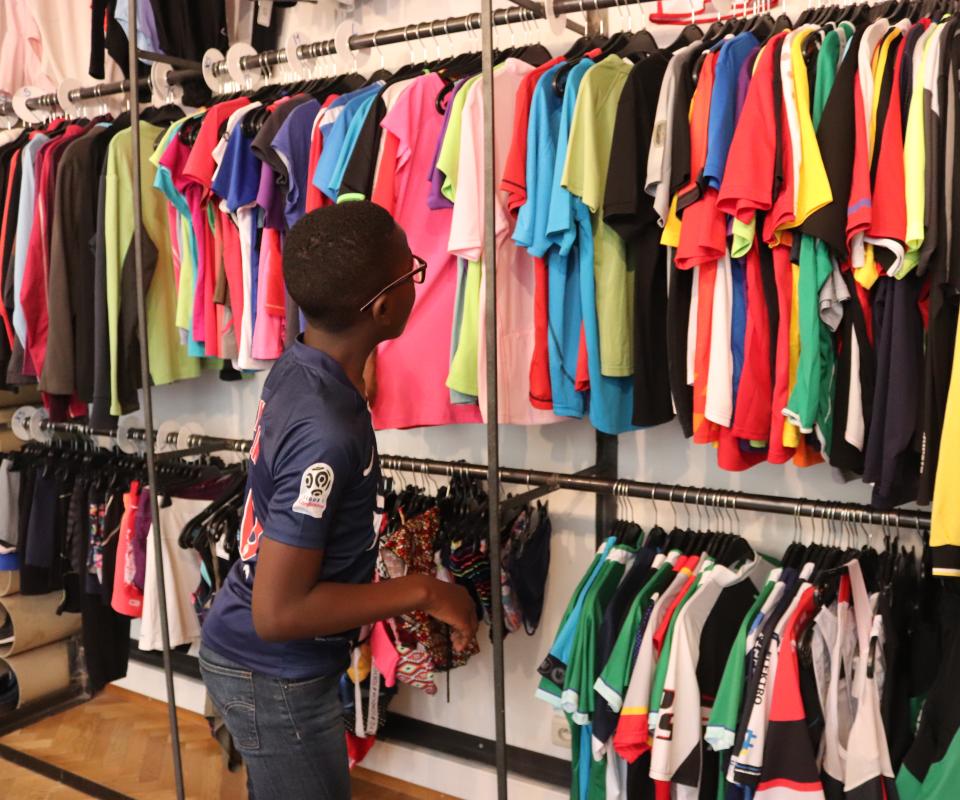
Sportswitch: THE recycling center for sports clothing
Inclusive transition
“We want to raise awareness about the sustainability of sports clothing.”
Other calls
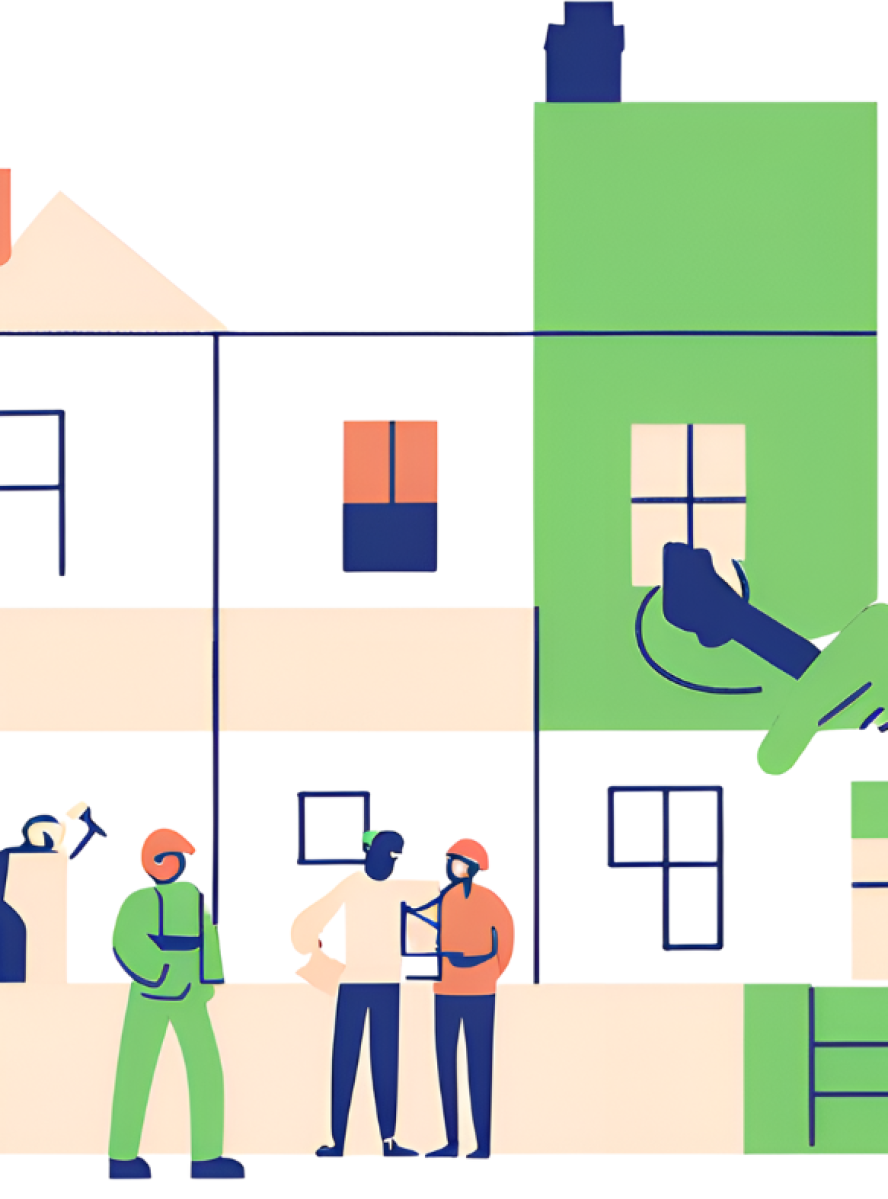
Housing Reno-Hope Award
A recognition for organisations creating additional housing through renovation for people in vulnerable situations
Selection announced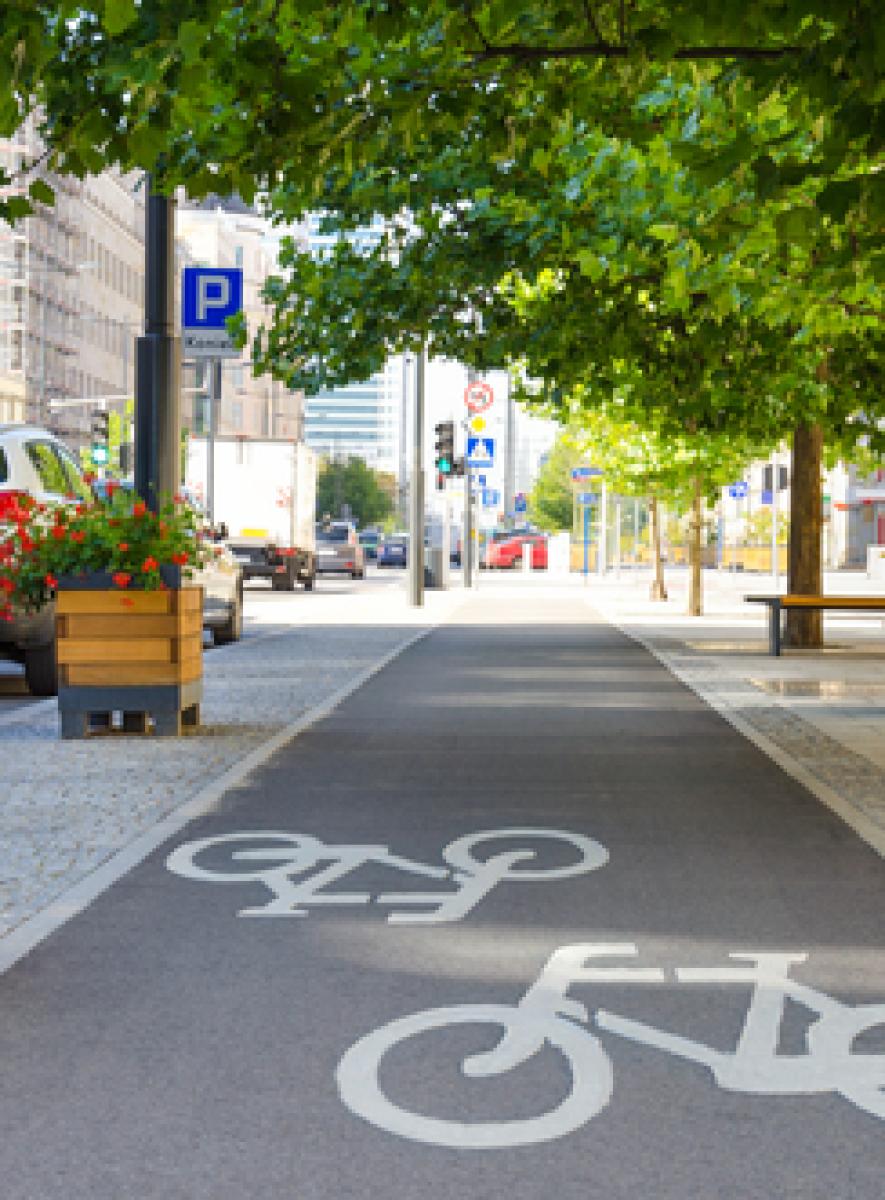
Fonds Bikes in Brussels - Call for projects
Support for efforts in development and equipment to encourage cycle mobility in the Brussels-Capital Region.
Selection announced
Fonds Bikes in Brussels - Call for projects
Support for efforts in development and equipment to encourage cycle mobility in the Brussels-Capital Region.
Selection announcedOther publications
Other philantrophy
Bikes in Brussels (Fund)
Supports efforts to develop and equip infrastructure for bicycle mobility in the Brussels-Capital Region.
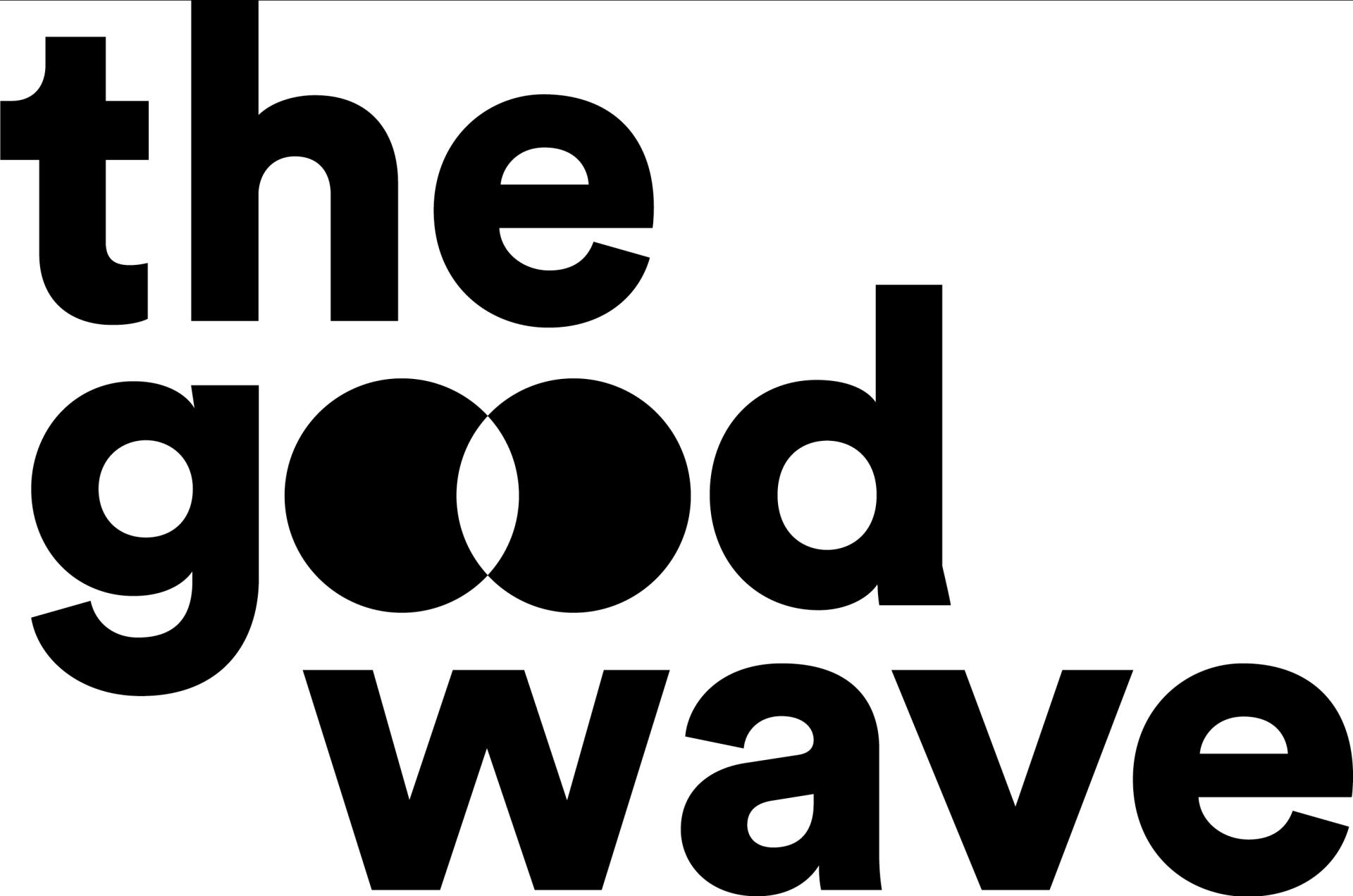
The Good Wave
The Good Wave is a network for effective climate action.
Lion's Footprint (Corporate Fund)
Participation in sustainable development through support for efforts and structural change to reduce the use of plastic, food waste and CO2 emissions. The fund aims to encourage …
